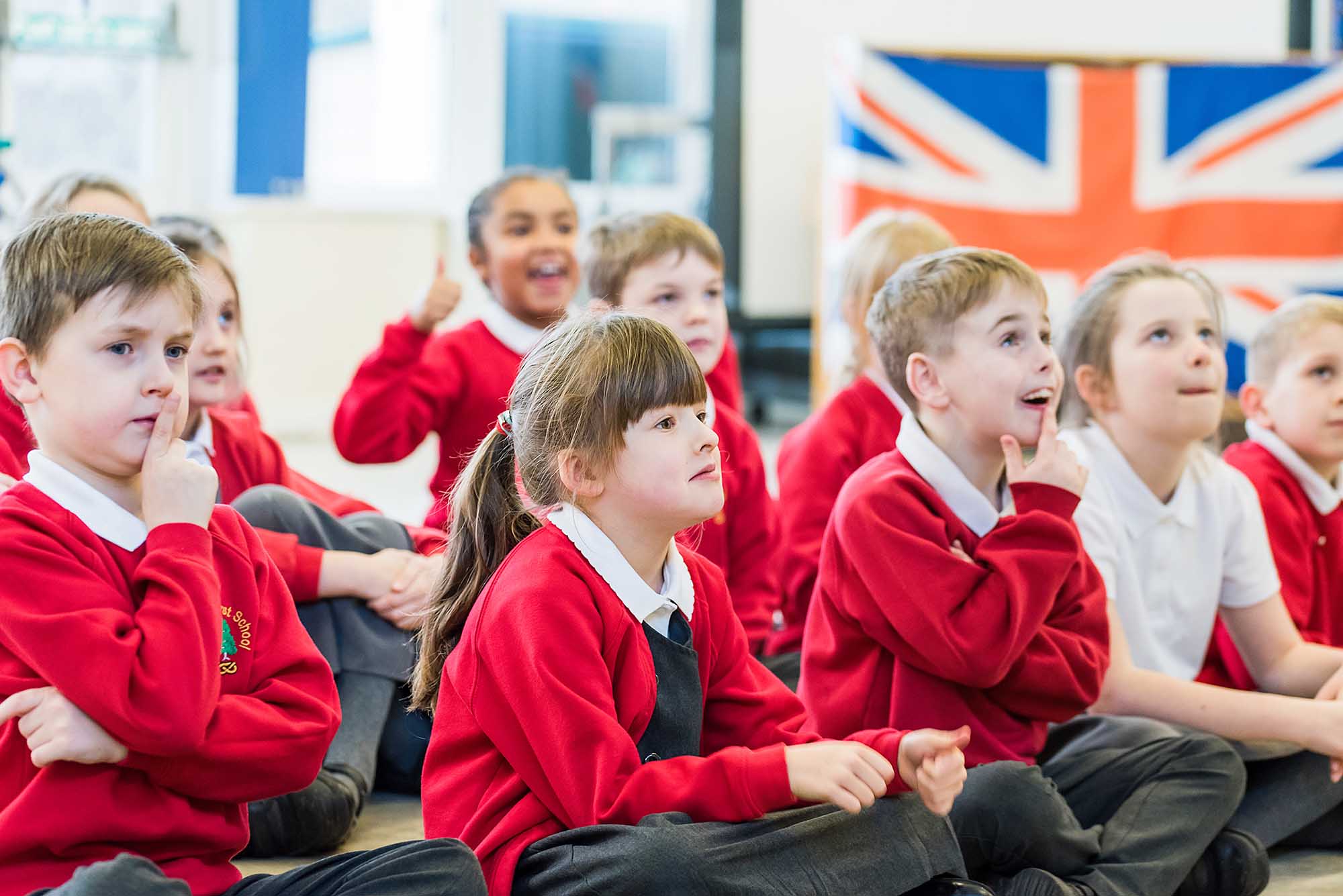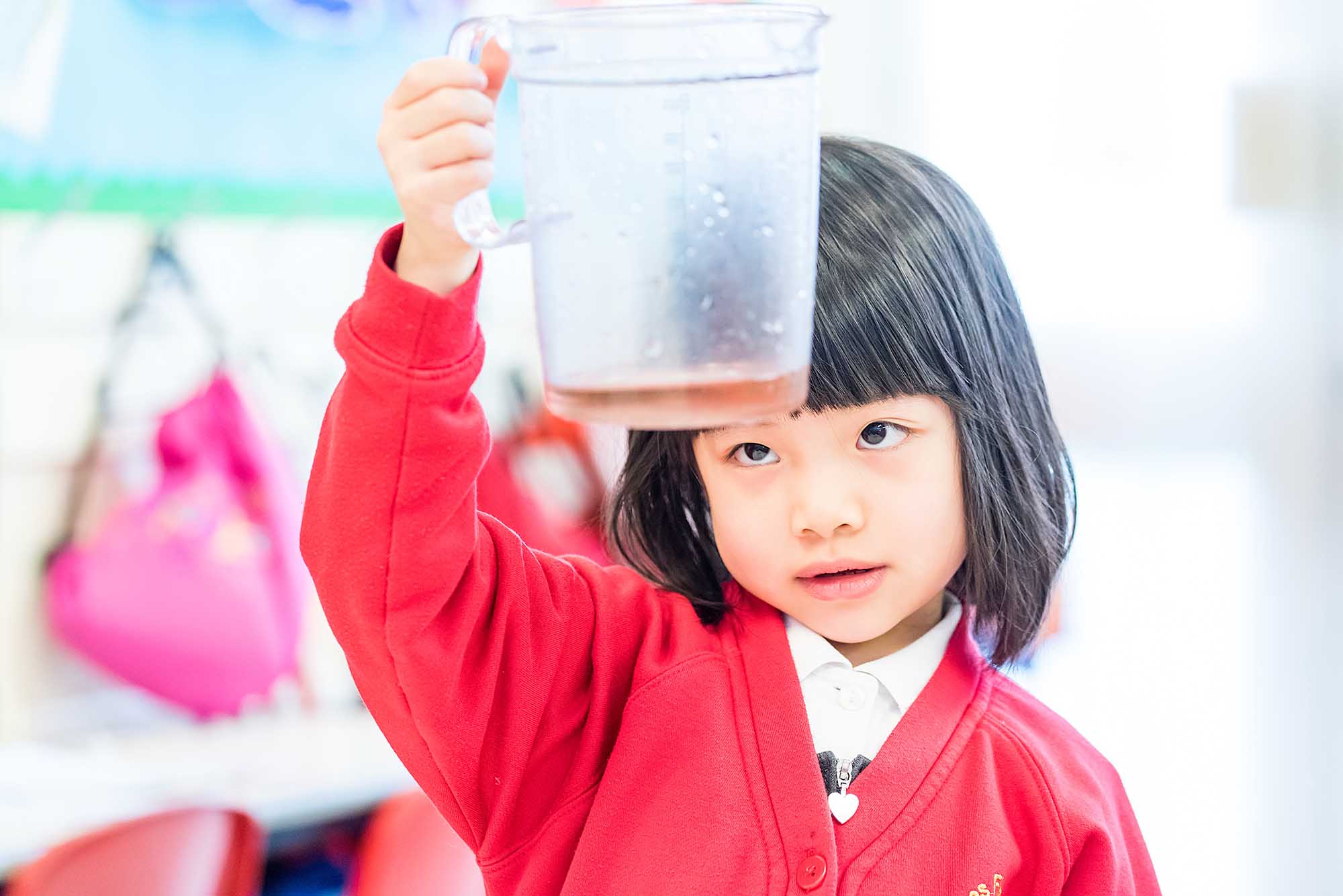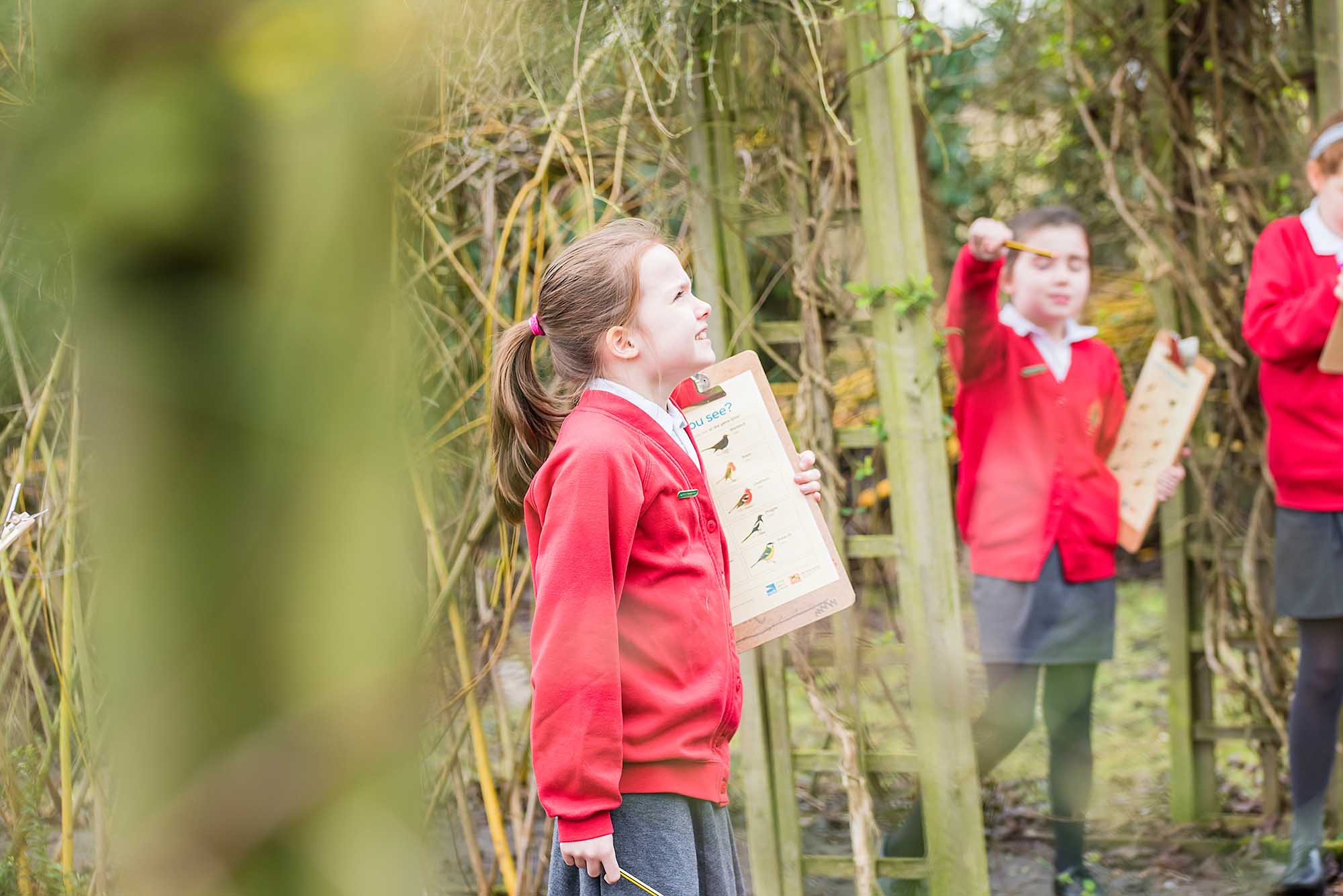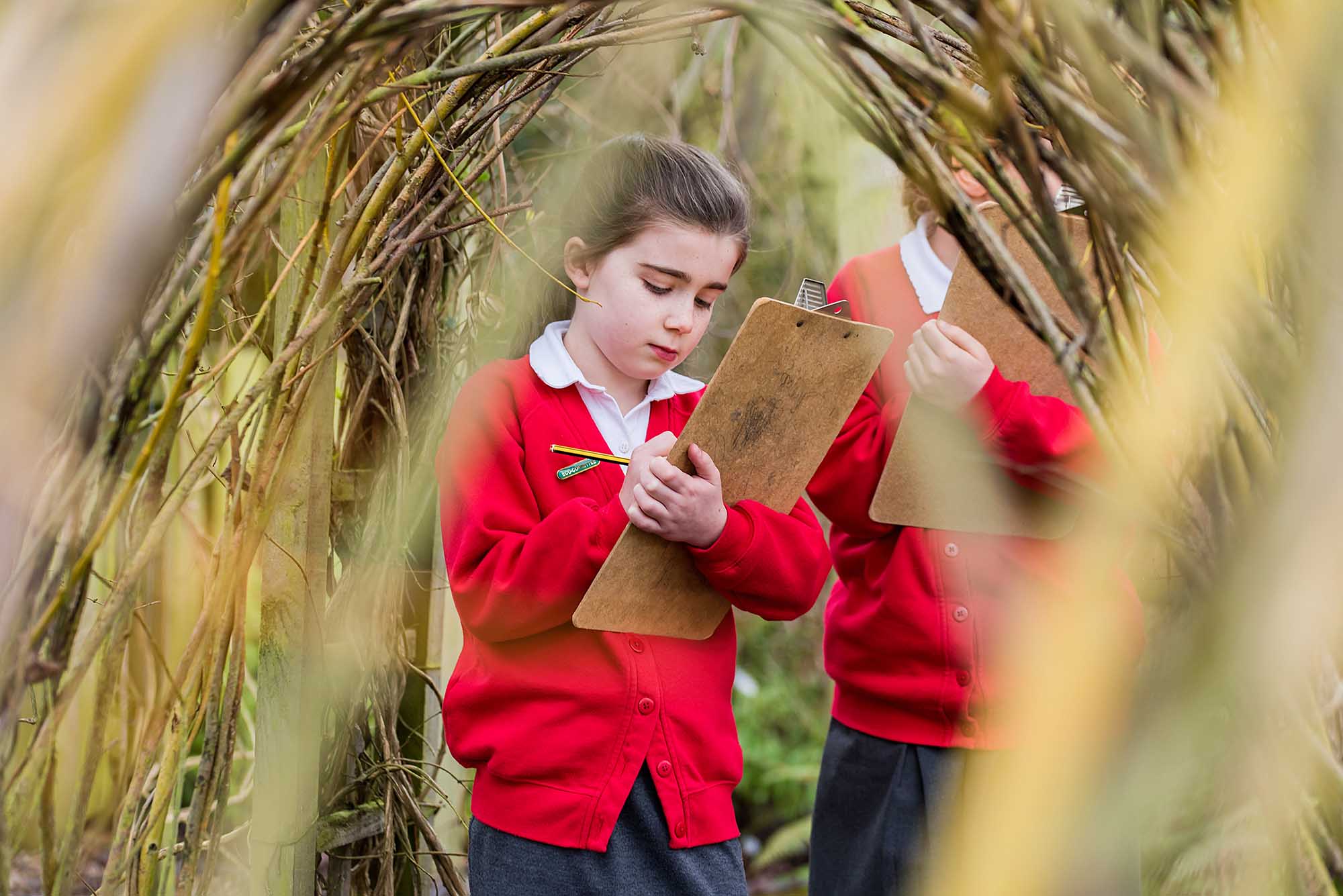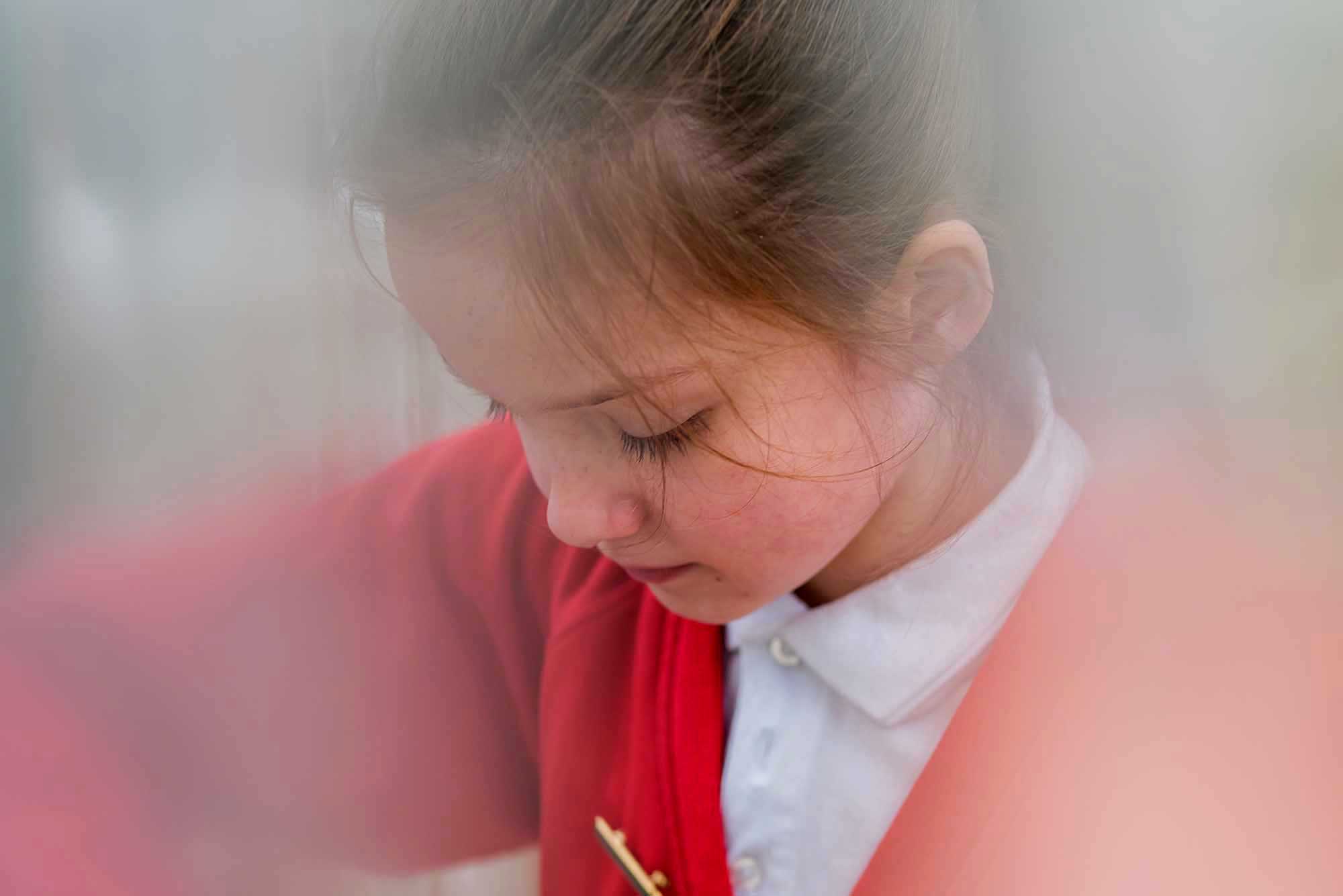History Intent Statement:
Our History curriculum enables our children to develop a deep understanding of rich history in their locality as well as the wider world. At Birches, History makes a significant contribution to citizenship education by teaching about how Britain has developed over the ages into the democratic society of today. It helps prepare our children for British life by exploring the history of our British Monarchy and the development of the government. Children are taught to understand how significant historic events have impacted on our lives today as well understanding how life can be different for different people around the world. We teach children to investigate these past events through a range of sources and, by so doing, to develop the skills of enquiry, analysis, interpretation and problem-solving.
Our intent is to stimulate the children’s interest and understanding about the life of people, significant events and eras of the past which have impacted life up the modern day. We teach children a sense of chronology, and through this they develop a sense of identity and a cultural understanding based on their historical heritage. This way, children learn to value not only their own culture but also other people’s cultures in modern multicultural Britain and consider how people lived in the past influence lives today.
By working closely with partner schools in the CMAT, we ensure that current learning is linked to future learning. In line with the National Curriculum 2014, we aim to ensure that all pupils:-
- develop the skills of enquiry, investigation, analysis, connections evaluation and presentation.
- gain a coherent, chronological knowledge and understanding of Britain’s past and that of the wider world which helps to stimulate pupils’ curiosity to know more and remember more about the past.
- are encouraged to ask perceptive questions, think critically, weigh evidence, sift arguments, and develop perspective and judgement.
- begin to understand the complexity of people’s lives, the process of change, the diversity of societies and relationships between different groups, as well as their own identity and the challenges of their time.
- to know and understand significant aspects of the historical development of the wider world.
- to enable children to know about the lives of significant individuals in the past who have contributed to National and International achievements.
With these core aims; we drive the teaching of History across Birches First. Our teaching and learning of historical skills are used purposefully and effectively. For example, children embed their skills of enquiry, investigation, and interpretation in all lessons. This enables children to use historical skills across all types of lessons for varying purposes to achieve outcomes in different ways.
History Implementation:
How is History taught at Birches First School?
The teaching and learning of History focuses on enabling children to think as, and to be, young historians. We place an emphasis on examining historical artefacts and primary sources as well as exploring secondary sources. In each key stage we give children the opportunity to visit sites of historical significance such as Wroxeter Roman City, RAF Cosford, Local War Memorials, Thinktank, Stoke Potteries Museum and Art Gallery. We encourage visitors to come into the school and talk about their experiences of events in the past or bring in artefacts the children can handle and explore to build their enquiry skills as well as organise workshops for children to engage in. We recognise and value the importance of stories in history and we regard this as an important way of stimulating interest in the past.
We use a chronological, approach to deliver the historical skills and understanding as outlined in the National Curriculum. Our programme is carefully balanced and planned across the key stages building from EYFS. Each unit has an overarching enquiry question and mini enquiry questions throughout the unit which feeds back to the fundamental overarching enquiry question to develop children’s historical information further as the unit progresses. Teaching and learning is planned to ensure there is clear progression so children can be supported and challenged appropriately in all lessons.
History Curriculum Planning
At Birches First School, we have developed our curriculum to deliver the National Curriculum for History throughout Key Stage 1 and 2 and the EYFS area of learning ‘Understanding the World’. Our curriculum has a clear progression of substantive knowledge and vocabulary. We ensure that there are opportunities for children of all abilities to develop their skills and knowledge in each unit and progressively building so that the children are increasingly challenged as they move through the school from EYFS to Year 4.
Staff worked collectively to identify our main Knowledge Threads and Concepts in our History curriculum: ‘Monarchy and Government’, ‘Childhood’, ‘Communication’, ‘Transport’, ‘Agriculture’ and ‘Significant Individuals’ to develop an understanding of diversity. Our History Concepts are threaded within our Birches History Curriculum, evident from our youngest children in Nursery (EYFS) progressing to Year Four. This ensures children are gaining the progressive substantive knowledge they require to develop a deep understanding of history.
At Birches we also ensure that our children’s disciplinary knowledge is progressively built upon year on year. These are skills our children will develop on how to interpret the past, how do we know what we know, for example looking at changes throughout time, the continuation, the reasons and causes and sources, so that our children are able to learn more and know more. At Birches we believe it is vital that our History curriculum develops both elements.
To support our units and to focus on developing historical vocabulary, understanding and terminology we have created a ‘History Vocabulary Progression’ for the whole school. The vocabulary is defined by each unit of work and is progressive throughout the years. It is important to teach children the explicit meanings of key vocabulary. Introducing new vocabulary enhances the ability to understand historical sources and accurately communicate historical understanding.
Teachers ensure children develop an understanding of History within their concepts and the skills they are developing/using (e.g. ‘today we are learning to be historians’. ‘We are developing an understanding of chronology.’). Teachers use regular assessment to assess how children are progressing against knowledge and skills.
History is threaded throughout Early Years within ‘Understanding of the World’; children in Nursery and Reception begin to develop their historical knowledge and understanding by making simple comparisons in their lives to the life of parents/ grandparents, looking closely at a variety of primary and secondary sources. Children begin to make sense of their own life-story and family’s history. They learn to talk about and make comparisons of familiar situations in the past. They begin to compare and contrast characters from stories. Children start to understand the past through settings, characters events from books and storytelling. They are taught to know some similarities and differences between things in the past and now. By the end of Reception, children will be able to articulate changes that have happened in the past, comparing them to present day relating it to their own experiences, that of their peers and characters from stories and familiar figures.
Children have access to primary and secondary resources. We have access to loan boxes which allow children to access artefacts related to their learning. Children use computers/laptops to conduct their own research and lead their own learning by finding key information linked to their learning. We base our curriculum on current research including The Historical Association and ‘Mr T does History’. Our subject leader attends regular CPD including History subject leader meetings and across the Academy History Subject Network Meetings are held to share and develop practice.
Timelines are used by historians to make connections between people and events, to show a span of time focusing on intervals that have taken place between time. Timelines bring together many elements of history, people places and events and because of this we believe it is vital that our children also understand the importance of timelines. There is a timeline at the beginning of each history book, this is so that It gives children at Birches framework for understanding and organising the historical period: when it happened, what happened at that time (the key events), how things developed or stayed the same (change and continuity) and the sequence of events.
Throughout our History curriculum, we strive to develop the children’s cultural capital by providing the children with a wide range of experiences. We give children the opportunity to take part in educational visits, invite in visitors to enrich their first-hand experiences and explore a diverse range of significant individuals.
History and fundamental British Values and SMSC
Children are taught to understand how events in History and around the world have impacted on our lives today as well understanding how life can be different for different people around the world (Passing of our Queen, Black History month, Remembrance, VE day celebrations, historical elections, Picture News assemblies etc)
Spiritual, Moral, Social and Cultural Development – links may be made with Religious Education as well as children being encouraged to reflect on their place within the world and its history. Through discussion about past events and events happening in the world around us children are encouraged to consider their responsibilities to the world and how their actions (like the actions of others) could have an impact – positive or negative. Discussions and exploration encourage children to understand other people’s points of views and this skill can positively impact on a child’s social skill and understanding. We seek to broaden children’s horizons by igniting in them a passion for the world and its rich history. This is particularly supported by the range of rich, hands-on experiences offered to children.
Impact:
At Birches, through our broad and balanced curriculum, we are enabling children to gain the knowledge and understanding they need using historical skills to progress through their life and into the wider world. Regardless of children’s starting points, our curriculum allows children to develop knowledge and skills in a chronological way.
Outcomes in books, evidence a broad and balanced History curriculum and demonstrate the children’s acquisition of identified key knowledge. Children review their mini enquiry question at the end of every lesson and then link back to the overarching key enquiry question for that unit. It is evident in children’s book what they have retained comparative to their starting point at the end of every topic. Emphasis is placed on analytical thinking and questioning which helps pupils gain a coherent knowledge and understanding of Britain’s past and that of the wider world. Through this study pupils learn to ask perceptive questions, think critically, weigh evidence, sift arguments, and develop perspective and judgement. When planning teachers make sure that the needs of all children are met and ensure that there are no barriers to every pupil progressive from their starting point.

